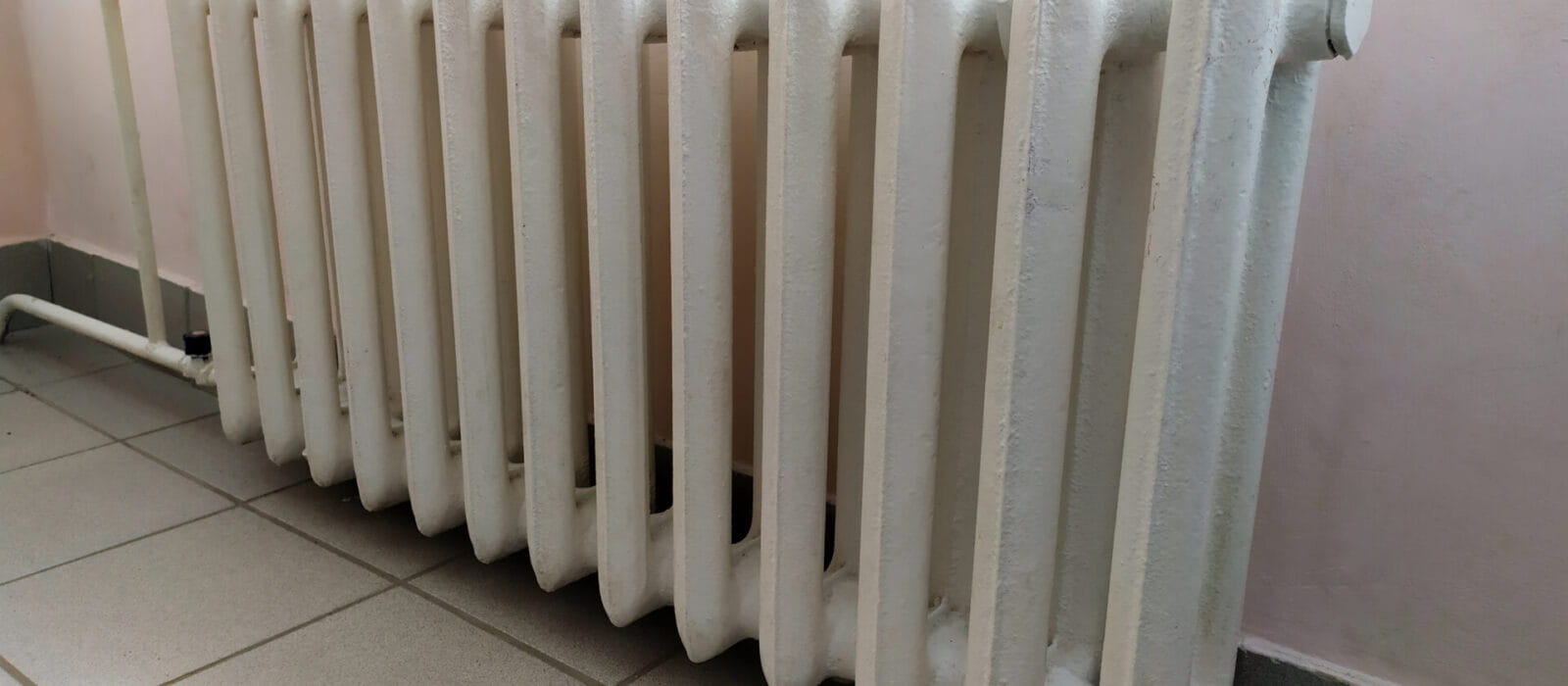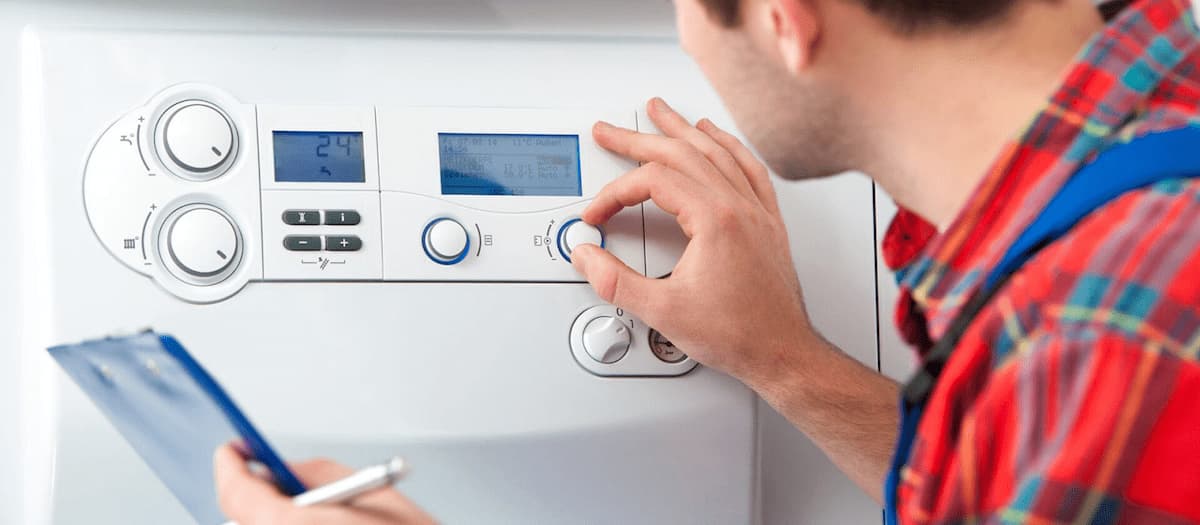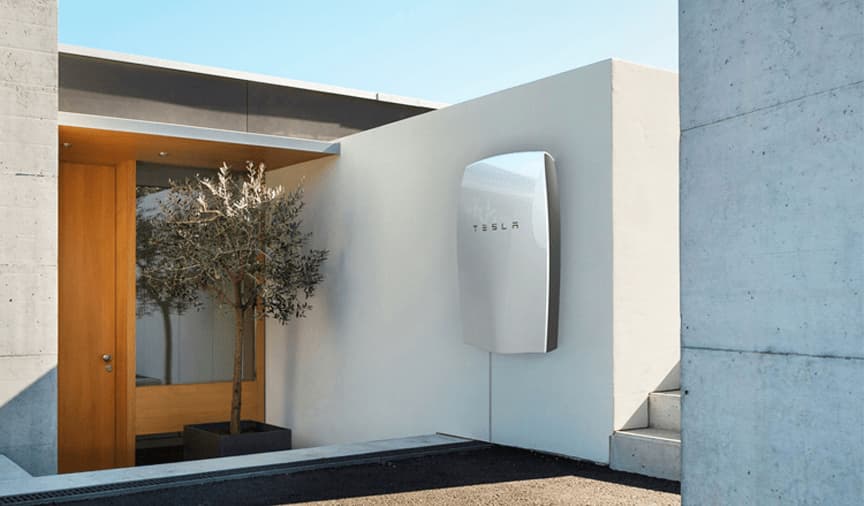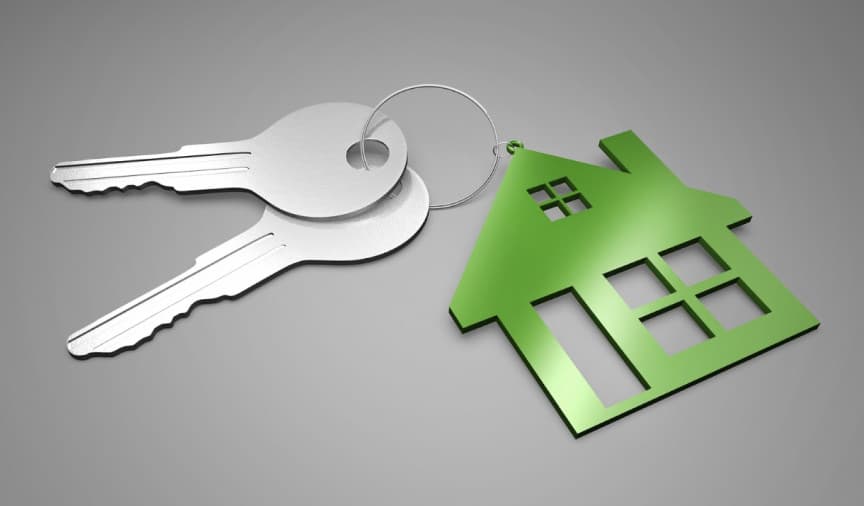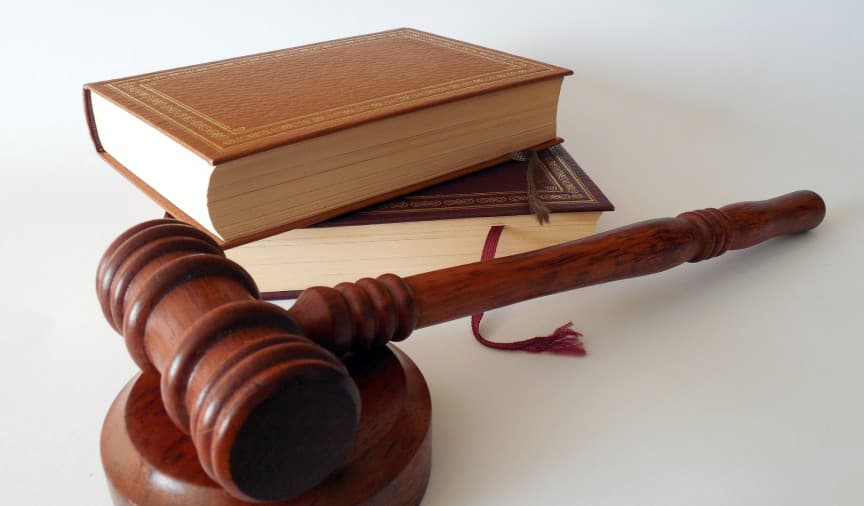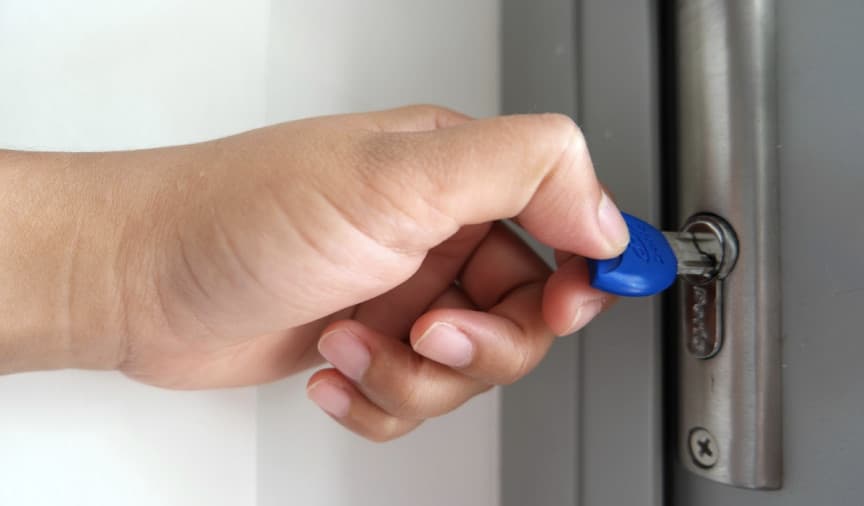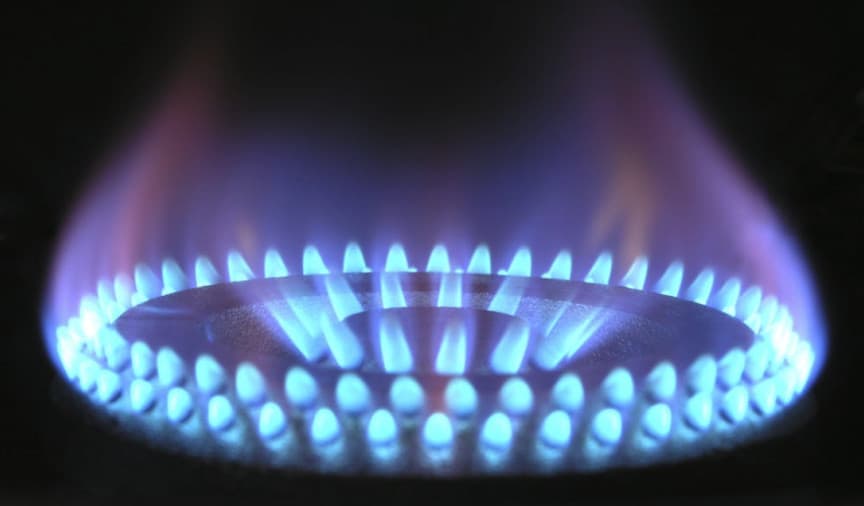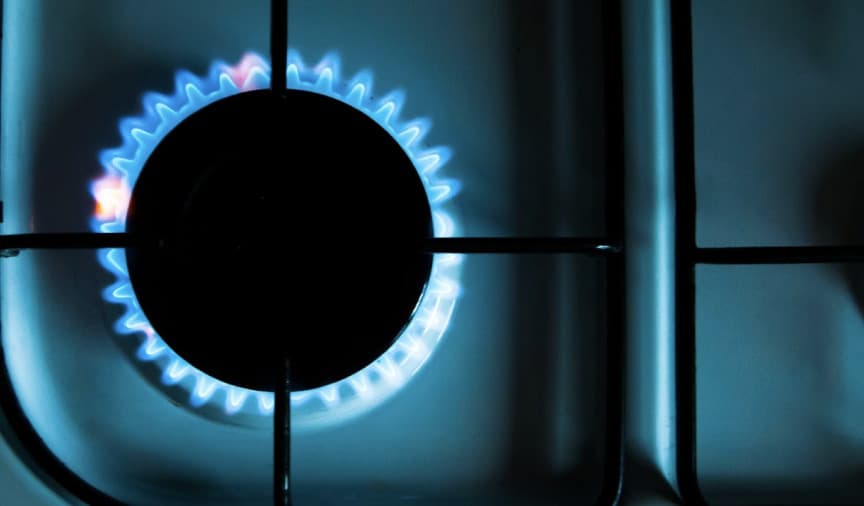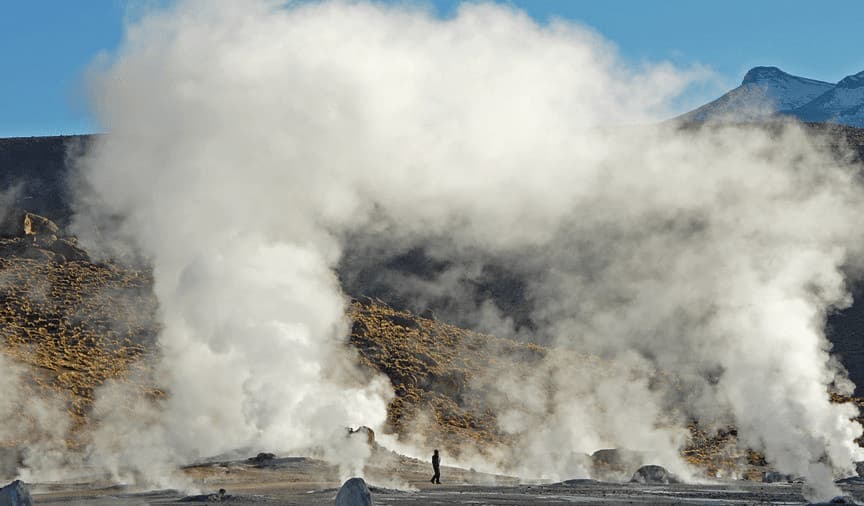Our latest blogs
Do you need central heating cover?
There’s nothing worse than going to turn your central heating up on a cold winter’s night, only to discover it’s not working properly. You spend time searching for a reputable heating engineer you can call but they can’t get to you until ‘sometime tomorrow’ and their quote for central heating repairs is going to snap up all of your spare cash for the month. It’s a situation no one wants to be in and thankfully, with central heating cover, you can prevent it happening to you.
A guide to storage batteries
On a dark and gloomy day, how effective are solar panels? That’s typically the question on everyone’s mind when considering a purchase. Thankfully, we are now being introduced to the world of storage batteries, which can be charged during the day to fully kick in when your solar panels are less effective, giving you a back-up source for when the sun is hidden away. Thanks to this storage, we could see more homes opting for a solar-powered future as well as across-the-board savings on energy bills.
5 reasons why you need landlord cover
Do I need landlord insurance? That’s a great question to ask! Currently, there are no legal requirements to have landlord insurance or landlord boiler cover. However, you may find it beneficial to take out a policy.
Landlord’s repair and maintenance responsibilities
Are you uncertain of your repair and maintenance responsibilities as a landlord? Perhaps you’re a tenant with a landlord that’s not meeting their obligations? Either way, we’re pleased to say you’ve come to the right place. Here you’ll find a quick guide to landlord responsibilities regarding repair and maintenance and how to comply with the Landlord and Tenant Act 1987.
Legal Requirements of Boiler Servicing
Landlords who rent out their property are legally required (The Landlord and Tenant Act 1985) to have any gas appliances, such as a boiler, serviced in line with manufacturer guidance. In this guide you’ll find legal information for landlords, including how often a boiler should be serviced and how much it could cost.
Top gas safety tips for tenants
Safety at home is the responsibility of everyone, whether you are a private homeowner, landlord or tenant. Gas safety is of primary importance. It is the responsibility of the property owner (landlord), to keep the gas appliances, efficient and safe in their property. It is common sense for tenants who live in the property, to ensure they are aware that gas appliances in their accommodation comply with gas safety regulations and that they’re safe and running at their optimum level.
What is a Landlord Gas Safety Record (LGSR)?
As a landlord, you are legally required to get all of the gas appliances and flues in your residential properties inspected each year. A qualified gas engineer, who is on the Gas Safe register, must carry out this work. Upon inspection, you will receive a gas safety certificate, often referred to as an LGSR (Landlord Gas Safety Record) or a CP12 certificate. This is essential if you want to let out a property to prospective tenants.
What is an Annual Gas Safety Check?
An annual gas safety check is a yearly inspection of all gas appliances in a home. If you use gas appliances – which most of us do – it’s a good idea to get them checked by a Gas Safe engineer (an engineer vetted by the Gas Safe Registry). After the check, you’ll receive a Gas Safe certificate that lasts for a year.
A guide to geothermal energy
Clean and sustainable energy sources are a huge topic of discussion whilst we battle with climate change and look for less damaging and more sustainable energy solutions. With new innovations coming into play regularly, we’re going to take a look at how the earth beneath your feet is an energy resource – one that most people never take into consideration.


